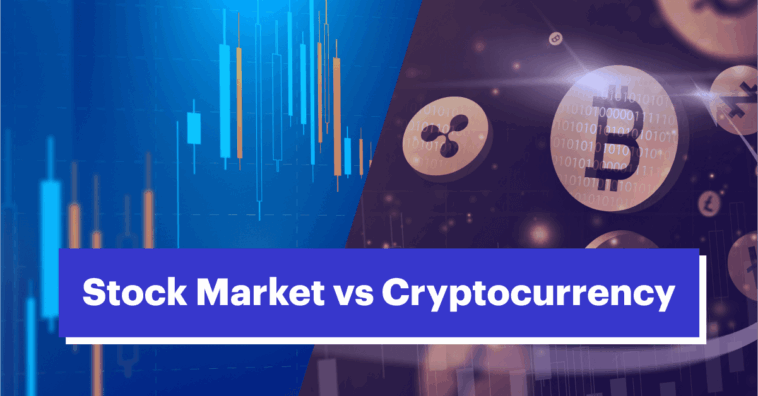For the last year or so, tokenization has been a critical buzzword in the world of cryptocurrency. We’ve started to witness the intriguing blend of traditional equity investing with the cutting-edge blockchain technology. Robinhood Markets, on June 30, made headlines by unveiling tokenized stocks aimed at retail traders. Robinhood’s CEO, Vlad Tenev, hailed these tokenized equities as the most consequential innovation in capital markets in ages. But let’s break it down – what are tokenized stocks, and how do they affect traders?
In simple terms, tokenization is the practice of converting a real-world asset into a digital asset existing on a blockchain. The ownership of that asset is displayed by a digital token, which can be traded much like any other crypto token.
With tokenized stocks, the actual assets being converted are equities, tradable on Robinhood’s platform. Initially, trading these digital equities will take place round-the-clock on weekdays, although Robinhood has plans to open up 24/7 trading in due course.
To get a hang of it, you can imagine tokenized stocks as digital counterparts. Robinhood acquires an actual stock and magically converts it into a digital token on the blockchain. In theory, this digital twin should mirror the price movement of its tangible counterpart. If Company X’s stock value surges by 10% in a day, your token value should increase by the same 10% in an ideal situation.
There are several benefits for retail traders thanks to tokenization. Firstly, traders can benefit from expanded liquidity, allowing these tokens to be traded on the blockchain. Secondly, they can take advantage of the blockchain technology’s speed, efficacy, security, and transparency. Thirdly, they can trade minuscule fractional shares of any tokenized stock.
Robinhood forecasts that tokenized stocks will bring modernization to the conventional process of stock trading. Tokenized stocks could be the answer to your woes if you’re all too familiar with the frustration of not being able to trade shares on weekends or holidays. You can also manipulate the token in ways that were unheard of in conventional financial systems, thanks to the power of decentralized finance.
Robinhood has planned to introduce its tokenized stocks program to European investors first, effectively granting them access to the U.S. market. The platform promises more than 200 tokenized stocks and ETFs for trading. In the future, investors from the U.S. might be able to buy tokenized equities from Europe, Asia, or Latin America.
Nevertheless, it’s important to note that tokenized stocks also have some limitations. The primary objective of these stocks is to expose investors to the price movements of the underlying actual equities, but they do not provide traditional equity ownership rights. For instance, no voting rights are granted when buying these stocks. Moreover, if the underlying stock pays dividends, you may not be eligible for those dividends.
Careful reading is a prerequisite. Robinhood, for instance, mentioned that their tokenized stocks would, in fact, dispense dividends to traders. But this mechanism completely depends on the specific smart contracts incorporated on the blockchain for each token.
Things get more complicated when you move beyond publicly traded companies and enter into private enterprises. It’s possible to create tokenized equities for non-public companies as well. Robinhood, in fact, distributed tokens for OpenAI and SpaceX, two of the trendiest privately held tech firms, at a recent investor event in France.
This move sparked controversy. OpenAI, for instance, immediately clarified that these tokens don’t constitute an ownership stake in the company. The firm had not collaborated with Robinhood on the launch and urged investors to be cautious.
Robinhood has stated that their endgame is to democratize the realm of private markets for retail investors. Why should only affluent accredited investors have early access to potentially successful tech companies? Why should only venture capitalists have exclusive access to these firms?
This is what might make tokenized stocks a revolutionary concept. They could possibly prompt a shift in power, wealth, and influence within the financial sector. They could alter our perspective on company valuation, be it public or private. They could forever blend the line between investing in public enterprises versus private ones.
Presently, U.S. regulators are striving to catch up with the rapid rate of crypto innovation. Until the regulatory intricacies are sorted out, these tokenized stocks from Robinhood will only be granted to European traders.
The brighter side is that numerous crypto platforms, parallel to Robinhood, are developing tokenized stocks for U.S. traders. My projection is that, by the conclusion of next year, tokenized stocks will be a mainstream system in the U.S. Ever since the onset of the Trump administration, the crypto realm has been exploding with innovation at unparalleled rates. Tokenized stocks are just the starting point of an expected long list of breakthroughs for individual investors.

